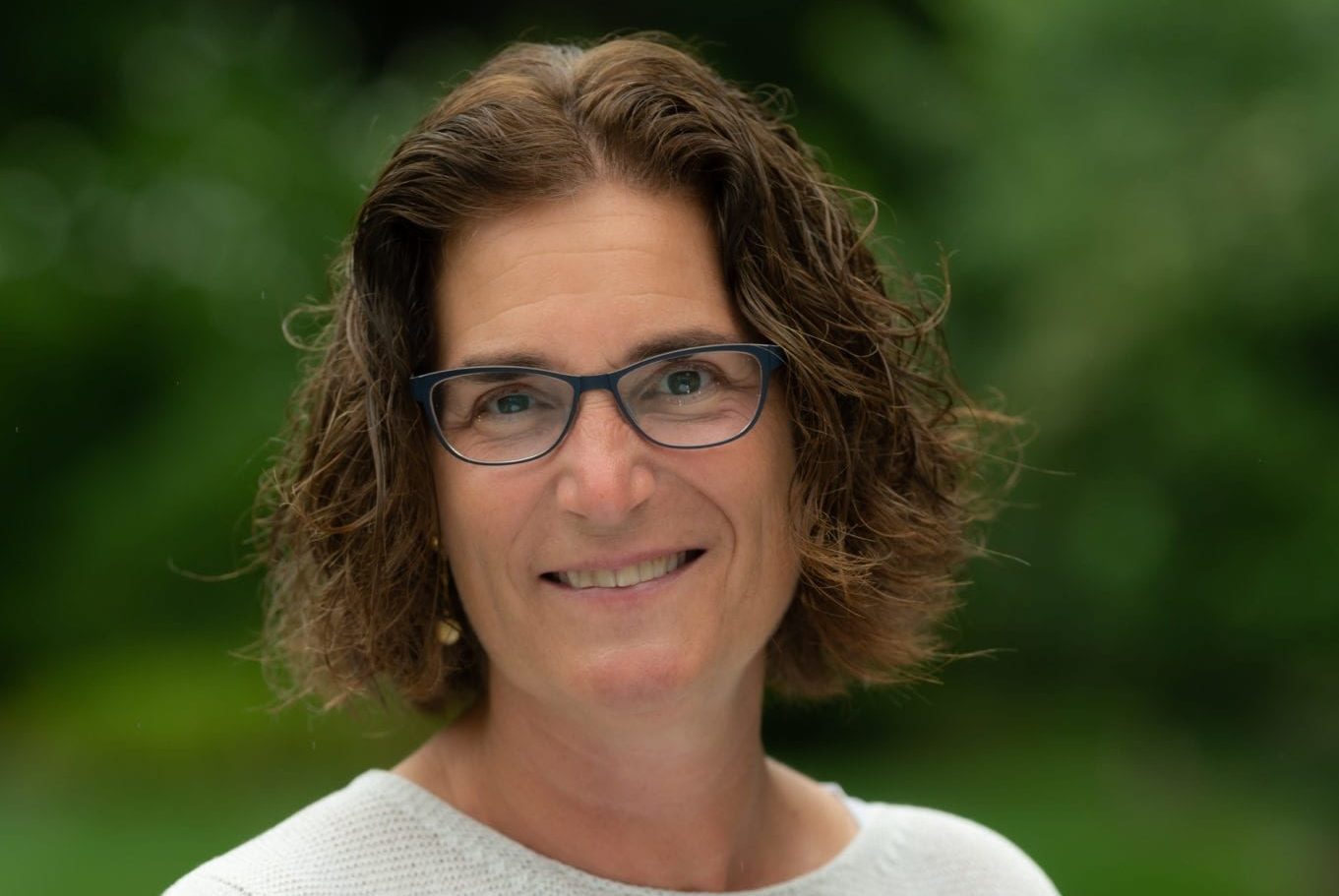
Rachel Meyers (Marissa Fiorucci/Faze Medicines)
Faze Medicines launches with $81M Series A, Alnylam vet heading science in play at biomolecular condensates
Once mostly unknown to the larger scientific world, the field of biomolecular condensates — cellular structures that could have big implications on neurodegenerative research — has seen …
Sign up to read this article for free.
Get free access to a limited number of articles, plus choose newsletters to get straight to your inbox.